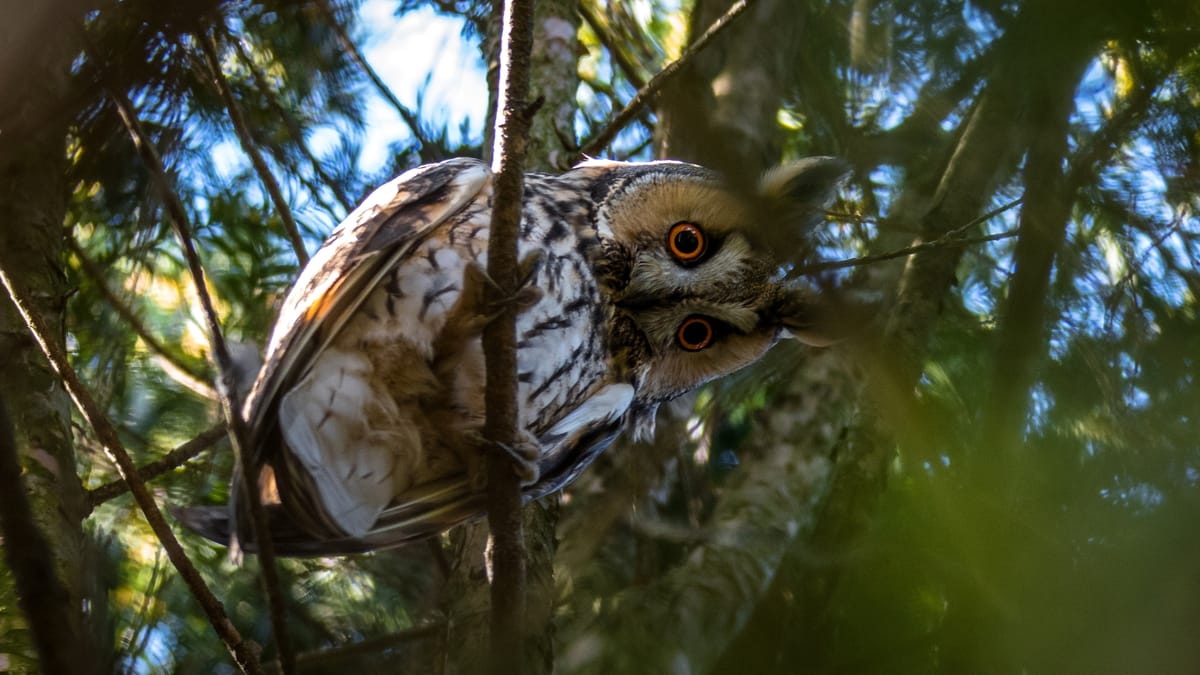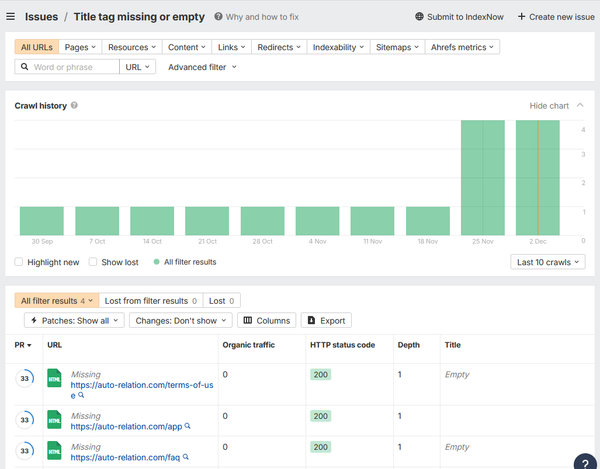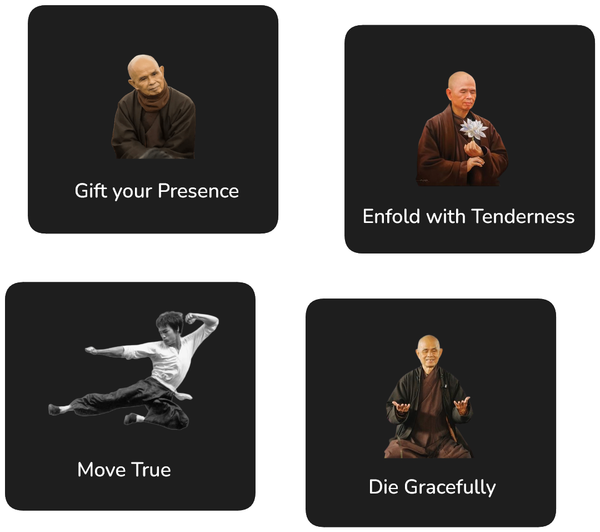Finding Purpose

For most of human history, we shared a strong belief in the supernatural. This anchored our spiritual life and helped us answer some of lives most painful questions; such as what is the purpose of my life and what awaits me after I die.
Nowadays we have lost this belief and there is no point to contemplate if this is for better or worse. We have opened the Pandora's box of the scientific method. This has advanced our knowledge tremendously. It would be foolish to continue believing in something which our scientifically validated knowledge contradicts. For instance, we nowadays know a lot about the way our universe, our world and the things living on it came about; much of this knowledge stands in direct contrast to what is presented as fact by many world religions.
This brought us into a position in which we are drifting spiritually. It is in our nature to believe; but we cannot. Life's most painful questions still stay with us; but we have less of an answer than we ever did before.
I think it is exactly some of the most important questions for which the scientific method cannot provide an answers. Chief among these is what the purpose of our live is. I believe that even if we had obtained all scientific knowledge available in the cosmos we won't be able to find an answer to this question. We could turn back to our religions to have just this questions answered specifically; however, I believe that would also be ill advised. Since, if already some fundamental tenants of an religion have been identified as false, why should we trust any of the remaining parts blindly?
Even philosophy provides not much help answering the central question of life purpose for us; since in essence it is a science as well - in that it aspires to find truth - and as we explore questions for which no ultimate truth is available, we are bound to fail or make little progress.
I think we need to approach questions of purpose, meaning and morality from a different angle. Rather than asking ourselves what the right answer to these questions is, we should ask ourselves what we would like the to right answer to be. We get "to decide what to worship" as David Foster Wallace puts it in his famous commencement speech This is Water. This answer, of course, should not contradict the scientific knowledge we have acquired but be informed by it as much as possible.
There lies opportunity in this, since we now have the power to choose our own purpose. However there also lies potential peril: even if we restrict ourselves to purposes in alignment with scientific knowledge, there are still infinite possibilities of purposes we may choose. If we end up choosing one purpose for ourselves, we would be faced with the inevitable admission that this choice was arbitrary.
What does it mean to be human unchained from a central metaphysical purpose? Does a vacuum of meaning occur? If so, what is to fill that vacuum? If the life to come is abolished, ultimate meaning rests in the here and now. Given the power to live without religion, man must take responsibility for his own actions.
I do believe that we are endowed with some natural abilities that help guide us in finding a purpose that feels good and right to us. For instance, consider the following two sets of purposes, which set feels more right than the other?
Set 1:
- To earn as much money as I can and spent it for my own pleasure.
- To beget as many children as I can to ensure the propagation of my genes.
Set 2:
- To live in the service of the common good.
- To find inner peace and harmony.
I think most would agree that the second set feels more good and wholesome. I think this is due to a number of natural inclinations we each carry within us:
Firstly, we are born to empathise and and be altruistic; or as Adam Smith puts is:
How selfish soever man may be supposed, there are evidently some principles in his nature, which interest him in the fortune of others, and render their happiness necessary to him, though he derives nothing from it except the pleasure of seeing it.
Thus benefiting others feels right to us. When others suffer, we suffer. When others feel joy, we feel joy.
Secondly, we have a natural ability to perceive and appreciate beauty.
He looked around, as if he was seeing the world for the first time. Beautiful was the world, colourful was the world, strange and mysterious was the world! Here was blue, here was yellow, here was green, the sky and the river flowed, the forest and the mountains were rigid, all of it was beautiful, all of it was mysterious and magical, and in its midst was he, Siddhartha, the awakening one, on the path to himself.
We do not just see and experience things, we imbue them with meaning. That what is beautiful can touch us deeply.
Lastly, we have the ability to perceive a higher, abstract force such as a god, the connectedness of all things or universal love (see also Touch Heaven).
In anguish and desperation, I reached out as I had many times before to the presence I call the Beloved. This unconditionally loving and wakeful awareness had always been a refuge for me.
Tara Brach - Radical Acceptance
I believe that guided by these inclinations we can find a purpose for ourselves that is imbued with deep meaning. It is not an easy journey though. There are still many different ways we can choose, and little guidance as to what is right and what is wrong. Ultimately, we need to make a leap of faith to give meaning to our lives. We should just aspire to make that leap as small as possible and in a direction that aligns with the best of human nature.
Image credit: LubosHouska





